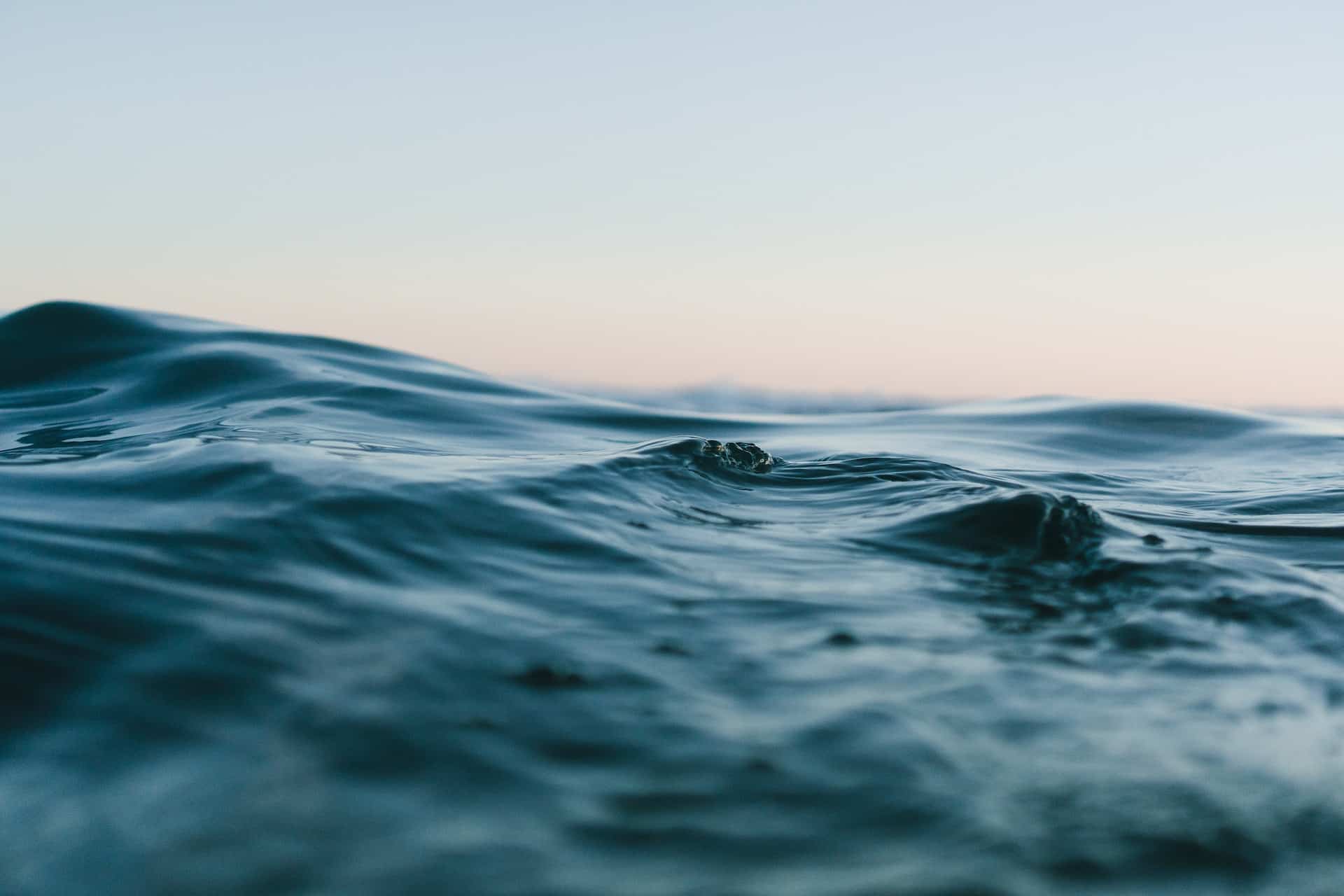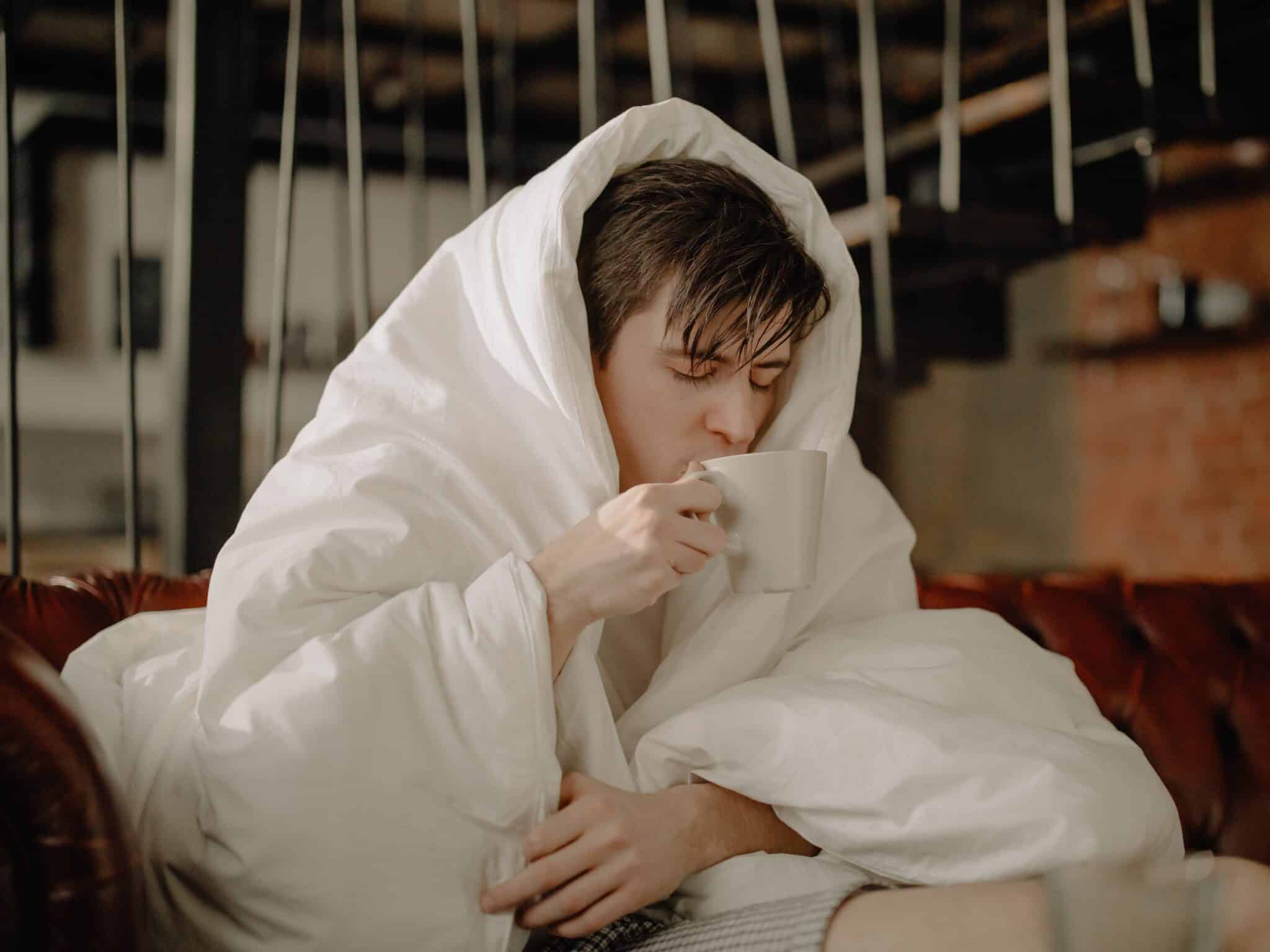Cold Water Therapy: Benefits & Vacation Spots

People usually think of cold baths as strange, unpleasant, and sometimes even extreme. However, they are a common practice in certain regions. In fact, some experts claim that bathing in cold water has a wide range of health benefits, such as improving circulation and mental health.
If you’ve been considering trying cold water therapy, this post is for you. Today, we’ll share:
- What cold water therapy is
- Cold water benefits & myths
- How to practice cold water therapy safely
- Cold water spas and other amazing vacation spots for cold water diving
Ready? Let’s begin!
What Is Cold Water Therapy?
Cold water therapy involves treating health conditions or stimulating health benefits by submerging yourself in water that’s around 15°C (59°F). Just to give you a rough idea, the cold water from your tap at home is between 10-20°C.
This practice is also known as cold hydrotherapy and it’s been around for centuries. And today, it has a wide range of different variations and approaches.
People can practice cold water therapy by taking:
- Ice baths
- Cold showers
- Outdoor swims
- Cold water immersion therapy sessions
Even though this practice may sound extreme, generally you’d only be in cold water for a couple of minutes at a time. In fact, cold water therapy can be practiced under tightly controlled conditions at centers and retreats.
Therapy with Cold Water: Benefits & Myths
Many medical experts and patients strongly believe that cold water therapy is beneficial.
These alleged benefits include:
- Improving circulation
- Improving blood pressure
- Lowering cholesterol levels
- Boosting your energy
- Helping you lose weight
- Deepening your sleep
However, many of these benefits are anecdotal and haven’t been backed up by scientific research yet. Still, there are some proven benefits of cold water therapy.
We know that:
- It reduces muscle soreness
- It speeds up the cooling process (if you’re overheated)
- It may stimulate your immune system
- It may reduce depression and anxiety symptoms
Let’s take a closer look.
It Reduces Muscle Soreness
Although the details are still under debate, research has suggested that athletes who briefly soak in cold water after training experience less muscle soreness than athletes who don’t.
How so? According to experts, cold water causes your blood vessels to constrict and reduces blood flow to the injured area. Thus, it helps to relieve pain.
You can experience a similar effect when you apply ice to an injury or sore area. The cold reduces swelling and inflammation.
It Speeds Up Your Cooling Process (If You’re Overheated)
Multiple studies concluded that contact with cold water at 10°C (50°F) can lower body temperature much faster than resting in a cool environment. Cold hydrotherapy helps people recover twice as quickly from overheating than other methods.
It May Stimulate Your Immune System
Some studies have indicated that cold hydrotherapy can boost your immune system, making you more resistant to illness and even boosting antitumor immunity.
It May Reduce Depression and Anxiety Symptoms
A few case studies have indicated that cold water plunges can reduce anxiety and depression symptoms.
Participants in trial programs of weekly open-air swimming have reported significant improvements in their mental health.
However, it’s important to note that cold water plunges aren’t a cure for any mental health condition. Still, they could be worth considering for symptom management.
How to Practice Cold Water Therapy Safely
Cold water therapy is believed to boost your health by putting your body under manageable stress for a short time. However, it’s not for everybody. Without proper precautions, it could be risky and even fatal for some individuals.
Cold water plunges can lead to:
- Hypothermia
- Arrhythmias
- Cold water shock (a sudden increase in heart rate and breathing difficulty)
These problems are more likely to occur if you suffer underlying medical conditions, such as heart disease or asthma. This is why, before starting with cold water therapy, it’s always good to consult with your physician.
How to Get Started with Cold Water Therapy
The best way to start with cold water therapy is by keeping sessions brief and gradually increasing their duration.
You can get started by:
- Trying cold showers at home.
- Swimming in open water during the summer. It’s of utmost importance that you don’t go alone, and find an expert-led group instead.
Warm yourself up gradually after your sessions. Take off wet clothes, dry yourself and dress in warm layers (it’s better if you start with your upper body). You can also have a warm drink and eat something sweet.
Don’t take a hot bath or shower after your session, the sudden temperature change could make you faint.
Cold Water Therapy Destinations
You can practice cold water therapy at:
- Athletic facilities
- Physical therapy centers
- Natural bodies of water, like lagoons or lakes in extremely cold regions
- Specialty recovery studios
Wellness centers are well aware of the benefits of cold water. Spas all over the world offer cold hydrotherapy among their various amenities.
Some cold water spas around the world include:
- The Monkey Tree Hotel (Palm Springs, USA)
- Sand Valley Resort (Wisconsin, USA)
- The Standard Hotel (Miami, USA)
- Miraval Berkshires (Massachusetts, USA)
- Farnham Estate (County Cavan, Ireland)
- Parador de Corias (Asturia, Spain)
- Garza Blanca Resorts Spa Imagine (Puerto Vallarta, Mexico)
Moreover, cold water therapy is one of the pillars of a popular wellness method called Wim Hof Method. The Wim Hof brand offers various cold water activities with instructors all over the world.
Key Takeaways
There are multiple ways to take care of your health, relieve physical discomfort, and improve your well-being. And cold therapy is one of them.
However, bear in mind that this practice isn’t for everyone and should be practiced under expert supervision. Plus, there’s a simple way to include the benefits of cold water into your everyday life: Just take a cold shower.
Want to take it one step further? You can practice cold water therapy at numerous locations around the world.
Want to get tested before your next adventure? No matter where you are, or what type of test you need, find COVID testing locations near you with our global directory.



